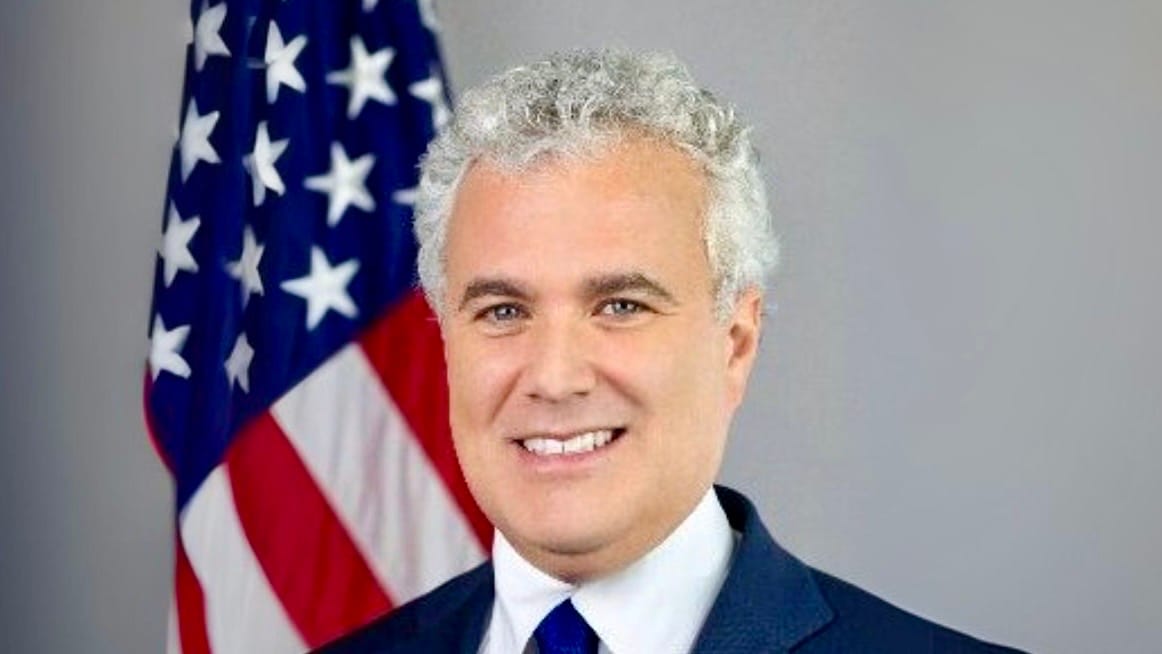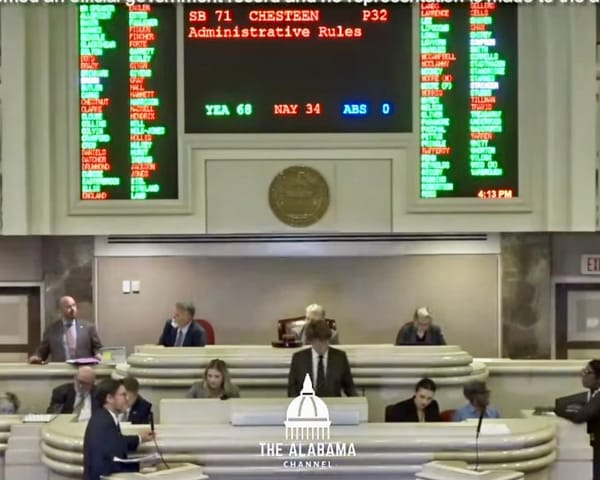Former Biden Chief of Staff Jeff Zients Says Biden’s Memory and Decision-Making Declined, Hunter Biden Involved in Pardon Talks
Multiple staffers reportedly proposed a cognitive test be done

In closed-door testimony before the House Oversight Committee, former White House Chief of Staff Jeff Zients claimed President Joe Biden’s memory and decision-making capacity declined over the course of his Presidency, and that Hunter Biden played a role in pardon discussions toward the end of his father’s term.
This information comes from “sources,” (i.e. leaked information) speaking to various outlets, including the Washington Post, the New York Post and Fox News Digital. At press time, there have been no formal statements regarding Zients’ testimony posted on the House Oversight Committee’s AutoPen investigation aggregator website.
Zients told investigators that following the widely criticized debate on June 27, 2024, he and other aides including Anita Dunn and Jake Sullivan proposed that President Biden undergo a full medical evaluation, which would include a cognitive test. He described memory lapses — trouble remembering names and dates — as recurring issues that worsened with time.
Reportedly, other Cabinet officials such as Commerce Secretary Gina Raimondo, VA Secretary Denis McDonough and Secretary of State Antony Blinken “didn’t think Biden had the juice for a second term.”
He said decisions that had earlier required three meetings to settle increasingly demanded a fourth meeting. First Lady Jill Biden, he testified, asked that her husband’s schedule be lighter and that he return to the residence earlier on some days, to ease demands on him.
Despite these observations, Zients maintained he had “full confidence in President Biden’s ability to serve as President” and was proud of what he did in office. He emphasized that while many advisers gave input, “final decisions were made by the President and the President alone.”
Zients also told the Committee that Hunter Biden attended several meetings in the final weeks of the administration in which pardons were discussed, including meetings concerning his own pardon. The pardon in question was a “full and unconditional pardon” granted in December 2024.
These revelations come as part of a broader investigation led by Representative James Comer (R-KY), which examines the use of an AutoPen by President Biden, the nature of his clemency orders, and concerns about whether executive decisions were always made with his full awareness.
Zients’ statements mark some of the most detailed admissions by a senior aide about the former President’s decline in cognitive sharpness, as perceived by those close to him. They also re-ignite debate about how age and health factor into presidential fitness for office.
As of now, there has been no detailed public medical report confirming the specific cognitive issues described. Moreover, while concerns were raised and some staffers pushed for testing, the decision to initiate such measures, including whether to ask Biden to step back, was reportedly not made.
In light of Zients’ testimony, the fact that Biden’s White House physician, Dr. Kevin O’Conner, invoked the Fifth Amendment during his testimony before the Committee becomes even more concerning. O’Conner allegedly considered performing the cognitive exam, but there are no reports which ALPolitics.com has been able to locate that indicate a formal neuropsychological examination was ever done or documented.
As ALPolitics.com has reported, Zients’ testimony has the potential to answer a large number of questions surrounding the final days of the Biden administration. Not least of these questions concern the odd pardoning, then un-pardoning of former Alabama Governor Don Siegelman. Anyone who has ever provided care for an elderly relative has seen frequent “changes of mind,” often accompanied by mood swings or outbursts when the person is even gently challenged. These are tragic at any time, but if they occurred in the Commander in Chief? The potential for catastrophe is frightening, to say the least.
It is also concerning that Hunter Biden was involved in the pardon discussions, including his own, in light of his history and many of the allegations levied against him.
ALPolitics.com must ask once more: just exactly who was running the country during the last days of Biden’s administration?
More importantly, if it wasn’t Joe Biden (as now seems fairly likely), who was it? What was their authority to do so, as only Biden was elected? Is this not the very definition of usurpation of power?
Finally, what consequences will follow from their actions?
We can only hope that Rep. Comer and the House Oversight Committee can answer these questions.
Editor’s note: shortly after the publication of yesterday’s article, which stated that Mr. Zients’ interview had not been scheduled with the Oversight Committee, ALPolitics.com was contacted by Rep. Gary Palmer‘s office and told that Mr. Zients was seen entering the Committee interview room that day (Thursday, September 18). A miscommunication caused the report to this outlet that Mr. Zients‘ interview had not yet been scheduled. The previous article has been updated to reflect this.




